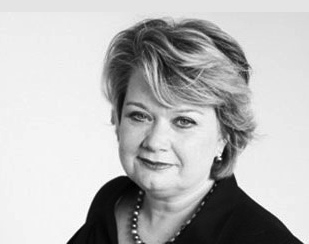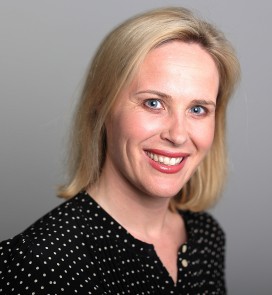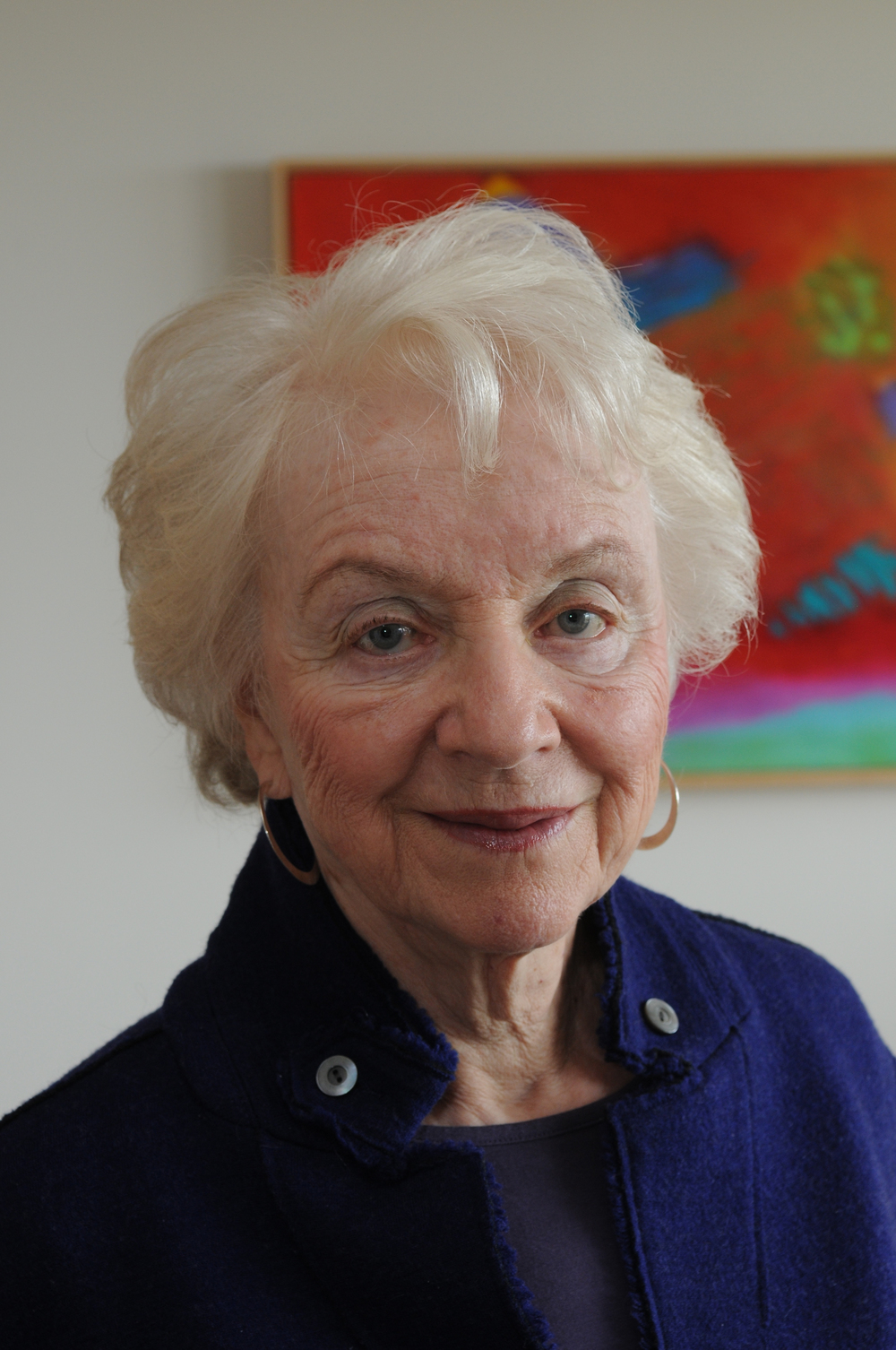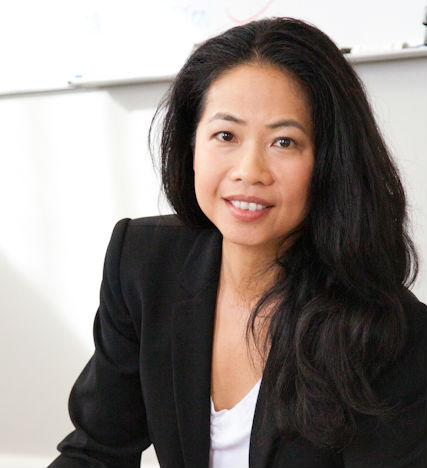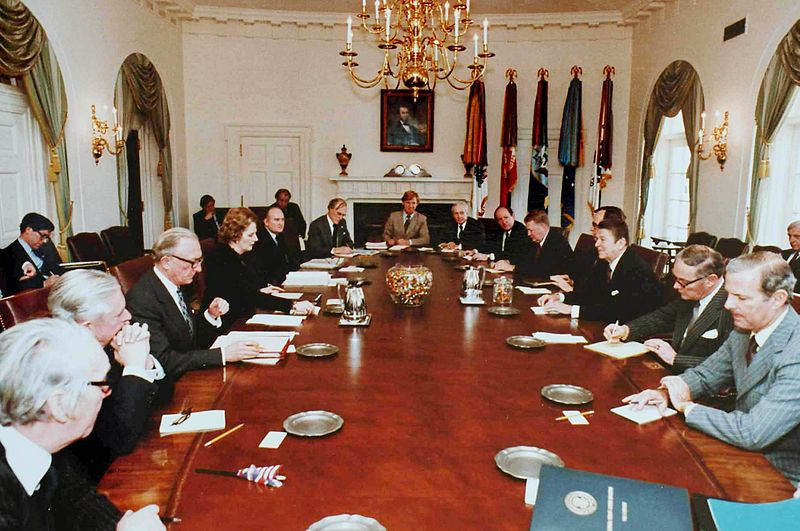Episode 64: Forced out
/June 1, 2015
"This person was already gunning for me, I could tell...there was undermining and erosion of my spirit, that's the only way I can describe it." - Marion Kane
"I prefer not to get mad but to get even. Every time I've been dumped by a man I've upgraded the next time I've gone out with one. And every time I've been sacked I've made sure I've gone out and got a better job next." - Mrs. Moneypenny
24 minutes.
Most of us have a bad breakup with work at some point. You don't have to be fired for things to end on a sour note - maybe you were bullied, you couldn't get on with a manager, or the job they advertised was completely different from the one you ended up doing. But however the end comes, leaving a job under duress is one of the hardest experiences to go through.
 Marion Kane In this show we meet two women who know this first hand (so do I - more on that in the show). Marion Kane was a longtime food writer at some of Canada's top newspapers. She loved her work - but not her editor. She chose to leave, but still fantasizes about giving that boss a piece of her mind.
Marion Kane In this show we meet two women who know this first hand (so do I - more on that in the show). Marion Kane was a longtime food writer at some of Canada's top newspapers. She loved her work - but not her editor. She chose to leave, but still fantasizes about giving that boss a piece of her mind.
